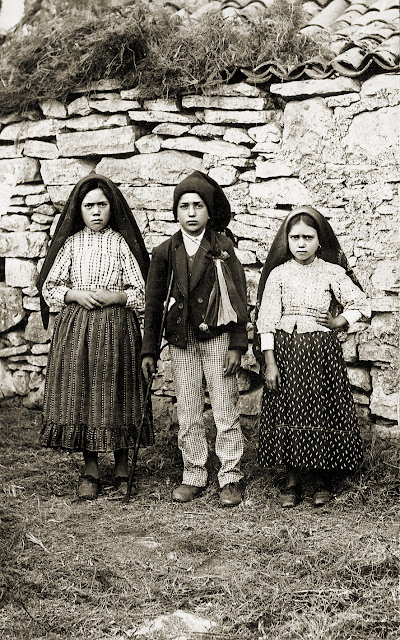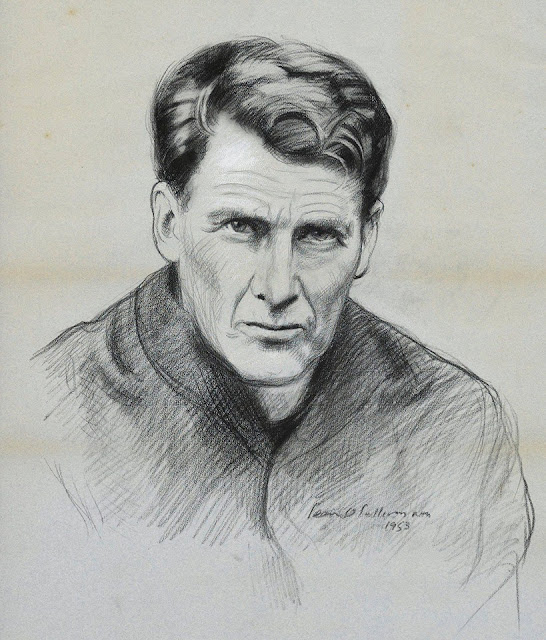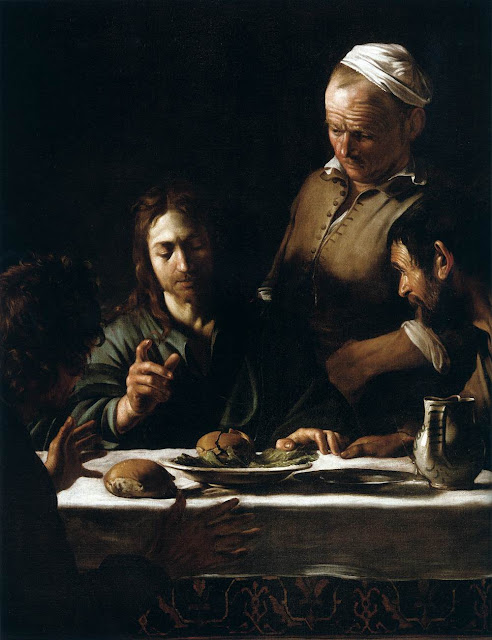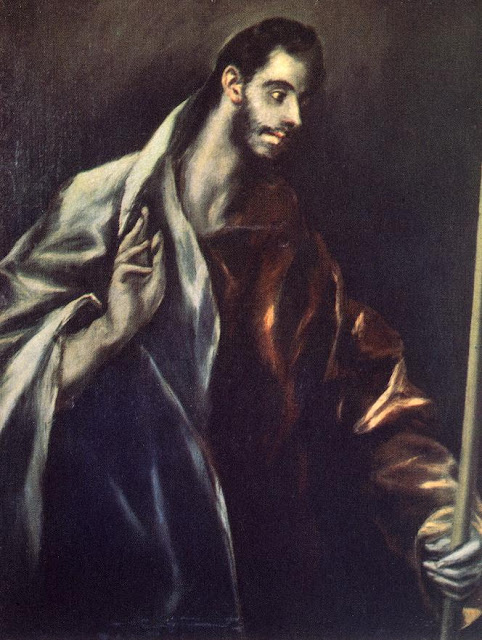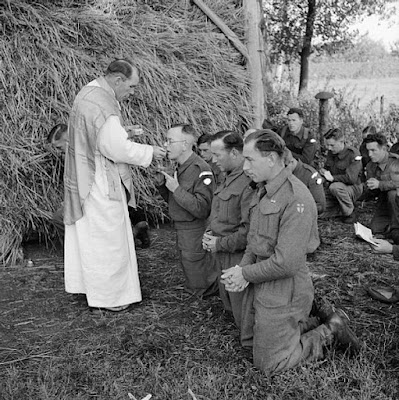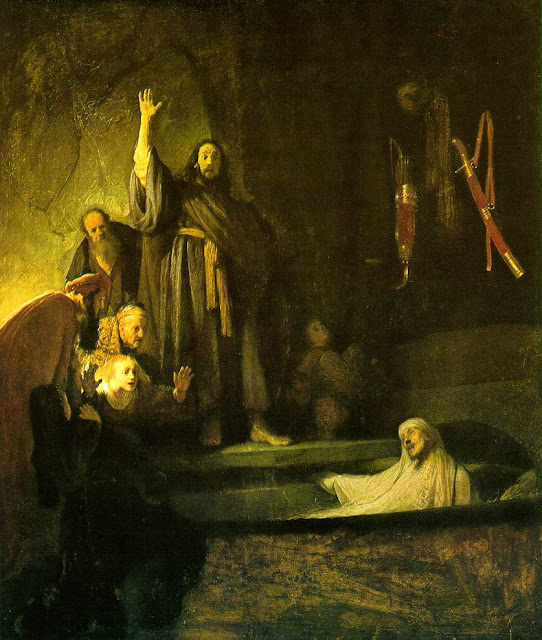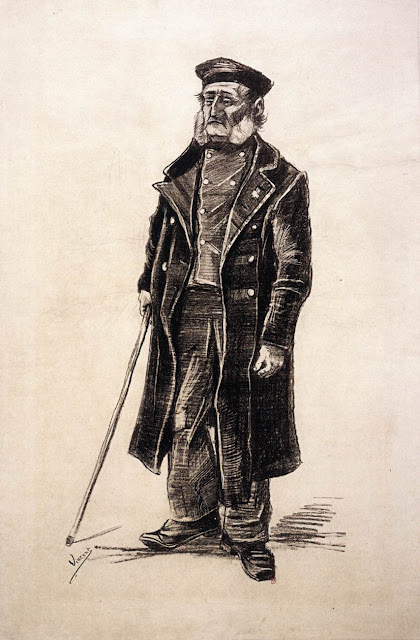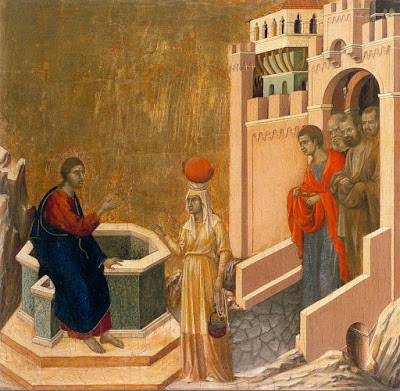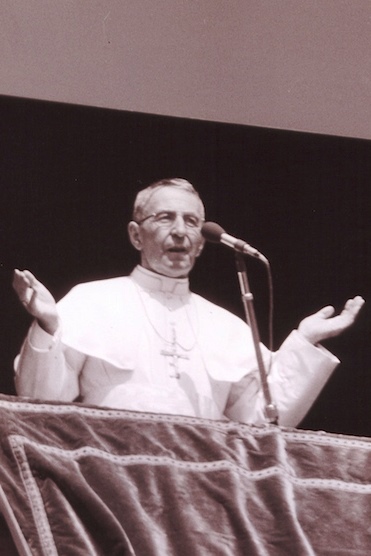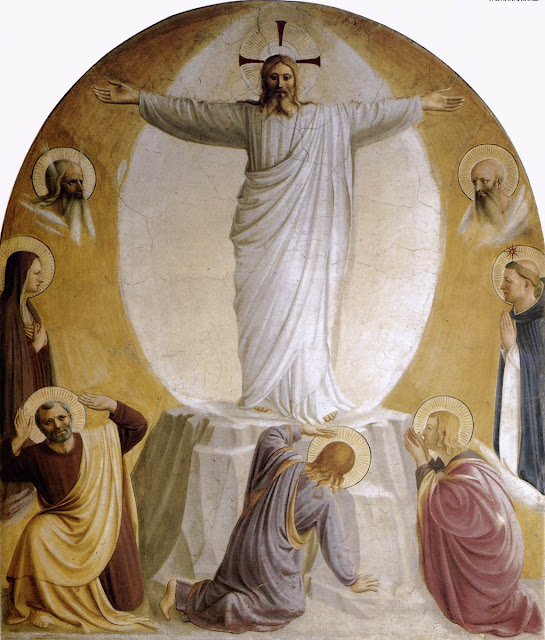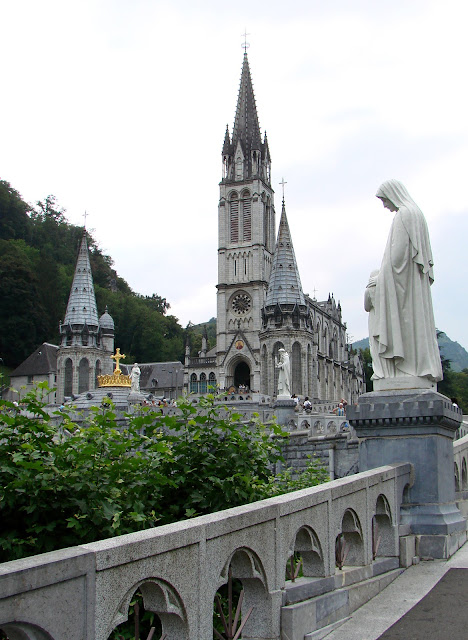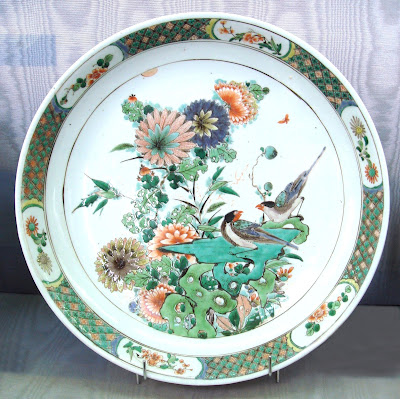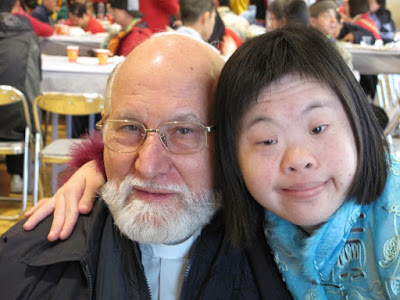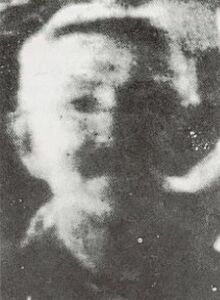
Christ’s Entry into Jerusalem, Melozzo da Forli [Web Gallery of Art]
The Commemoration of the Lord’s Entrance into Jerusalem
Gospel Matthew 21:1-11 (New Revised Standard Version, Catholic Edition)
When they had come near Jerusalem and had reached Bethphage, at the Mount of Olives, Jesus sent two disciples, saying to them, “Go into the village ahead of you, and immediately you will find a donkey tied, and a colt with her; untie them and bring them to me. If anyone says anything to you, just say this, ‘The Lord needs them.’ And he will send them immediately.” This took place to fulfill what had been spoken through the prophet, saying,
“Tell the daughter of Zion,
Look, your king is coming to you,
humble, and mounted on a donkey,
and on a colt, the foal of a donkey.”
The disciples went and did as Jesus had directed them; they brought the donkey and the colt, and put their cloaks on them, and he sat on them. A very large crowd spread their cloaks on the road, and others cut branches from the trees and spread them on the road. The crowds that went ahead of him and that followed were shouting,
“Hosanna to the Son of David!
Blessed is the one who comes in the name of the Lord!
Hosanna in the highest heaven!”
When he entered Jerusalem, the whole city was in turmoil, asking, “Who is this?” The crowds were saying, “This is the prophet Jesus from Nazareth in Galilee.”
The following Hymn to Christ the King may be sung during the procession.
Chorus:
Gloria, laus et honor tibi sit,
rex Christe redemptor,
cui puerile decus prompsit
Hosanna pium.
Glory and honour and praise be to you,
Christ, Kind and Redeemer,
to whom young children cried out
loving Hosannas with joy.
Readings during Mass
Readings (New American Bible: Philippines, USA)
Readings (Jerusalem Bible: Australia, England & Wales, India [optional], Ireland, New Zealand, Pakistan, Scotland, South Africa)
The response for today’s Responsorial Psalm is My God, my God, why have you abandoned me? (‘forsaken me’ in the Jerusalem Bible Lectionary), the last words of Jesus according to St Matthew, whose version of the Passion is read today. The readings carry that theme, explicitly or implicitly. The Prophet Isaiah says, I gave my back to those who beat me, my cheeks to those who plucked my beard; my face I did not shield from buffets and spitting. The church applies these words to the sufferings of Jesus. Yet there isn’t total abandonment: The Lord GOD is my help, therefore I am not disgraced; I have set my face like flint, knowing that I shall not be put to shame.
Psalm 21 (22) is fulfilled in the Passion and Death of Jesus. St Paul in the reading from his Letter to the Philippians speaks of the self-emptying of Jesus who: though he was in the form of God, did not regard equality with God as something to be exploited but emptied himself, taking the form of a slave, being born in human likeness. And being found in human form, he humbled himself and became obedient to the point of death—even death on a cross.

The Agony in the Garden, El Greco [Web Gallery of Art]
An tAthair Pádraig Ó Crolaigh (Fr Patrick Crilly) of the Diocese of Derry, Ireland, reflects on this in his poem in Irish, An Crióst Tréigthe (The Abandoned Christ). I have added my own English translation.
An raibh sé ina aonar ar feadh a shaoil,
Was he alone throughout his life,
An Críost seo scartha ón Trionóid naofa?
This Christ separated from the holy Trinity?
Ar chrothnaigh sé an dá phearsa eile,
Did he notice the absence of the two other persons,
Nó an raibh sé in aineolas orthu?
Or was he unaware of them?
Agus i ndiaidh fhás na spioradáltachta ann,
And after the growth of spirituality in him,
I ndiaidh greim a fháil ar a cheangal le Dia,
After he grasped his connection with God,
Ar fágadh in aonar arís é ar an chrois
Was he left alone again on the cross
Gan a fhios aige cén fáth ar tréigeadh é?
Not knowing why he had been abandoned?
Nuair a fhuair sé bás ar an chrois,
When he died on the cross
Ar ócáid cheiliúrtha é filleadh abhaile?
Was going home an occasion of celebration?
Nó ar bhraith sé tréigean a dhaonnachta
Or did he feel the abandonment of his humanity
I gcumha a shaoil abhus mar dhuine?
In the loneliness of his life here as a human being?
Ag leanúint Chríost dúinn i mbeocht an tsaoil
In following Christ in the living of life
An mbuailfimid lena thréigean siúd?
Will we encounter his abandonment?
An féidir linn a bheith Críostaí
Can we be Christian
Gan casadh sa saol leis an Chríost tréigthe?
Without coming across the abandoned Christ in life?
Ag leanúint Chríost dúinn i mbeocht an tsaoil
In following Christ in the living of life
An mbuailfimid lena thréigean siúd?
Will we encounter his abandonment?
An féidir linn a bheith Críostaí
Can we be Christian
Gan casadh sa saol leis an Chríost tréigthe?
Without coming across the abandoned Christ in life?
Poem taken from Brúitíní Creidimh, published by Foilseacháin Ábhar Spioradálta, Dublin, 2005. The title could be translated as ‘Mashed Potatoes of Faith’. Potatoes are the main staple in Ireland.
Father Ó Crolaigh, I think, is teasing out some of the meaning of St Paul’s words in today’s Second Reading: Christ Jesus, though he was in the form of God, did not regard equality with God something to be grasped. Rather, he emptied himself, taking the form of a slave, coming in human likeness; and found human in appearance, he humbled himself, becoming obedient to the point of death, even death on a cross.
Jesus wasn’t acting or engaging in any kind of ‘drama-drama’, as we say in the Philippines. He truly suffered a sense of being forsaken, of being abandoned, in the very depths of his being. He did not regard equality with God something to be grasped. We see that in the Garden of Gethsemane when the three Apostles closest to him fell asleep during his hour of greatest need. His cry from the Cross, Eli, Eli, lema sabachthani? My God, my God, why have you forsaken me? comes from the innermost recesses of his heart, from a sense of even his Father having abandoned him.
One of the forms of feeling abandoned that I have come across in recent years in persons I have met and in my reading is a sense of disillusionment with the Church. In some predominantly English-speaking countries Church leadership has lost much of its moral authority because of the way it has been seen to have dealt – or not to have dealt – with the awful reality of some priests having abused children and adolescents.
Many older persons in Western countries are bewildered by the reality of the younger generations having abandoned the Church to a large degree, not a few having abandoned Christianity itself. Maybe some have abandoned the faith because they see the Church, and by extension Christ himself, as having abandoned them. That should be a fearful thought for those who see themselves as followers of Jesus with the responsibility of making him known to the world.
In more and more families spouses are abandoned by their husband or wife, children by their parents. Though it’s not as great a phenomenon now as it was in the 1970s and 1980s, friends have expressed to me their sense of having been abandoned by their priests who left. I know from friends who have left the priesthood that their decision to do so was often very painful and not taken lightly but I have rarely heard one who has made that decision express any awareness of the pain it has left in others.
Pope Francis has spoken a number of times about the ‘throwaway culture’ that has resulted in the killing of humans considered ‘unnecessary’ and in the slavery of others, as he did in January 2014 when speaking to diplomats assigned to the Vatican (above).
Jesus in his experience of being abandoned, forsaken, has carried the pain of all who go through that to whatever degree and from whatever cause.
+++
THE DONKEY
by G.K. Chesterton (1874-1936)
When fishes flew and forests walked
And figs grew upon thorn,
Some moment when the moon was blood
Then surely I was born;
With monstrous head and sickening cry
And ears like errant wings,
The devil’s walking parody
On all four-footed things.
The tattered outlaw of the earth,
Of ancient crooked will;
Starve, scourge, deride me: I am dumb,
I keep my secret still.
Fools! For I also had my hour;
One far fierce hour and sweet:
There was a shout about my ears,
And palms before my feet.

